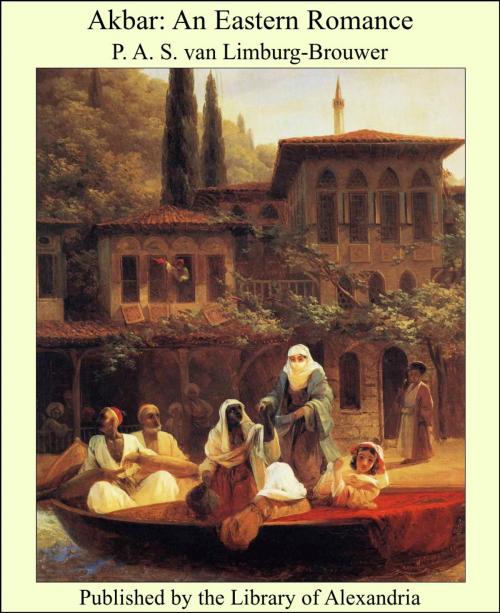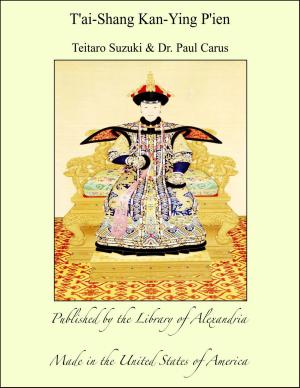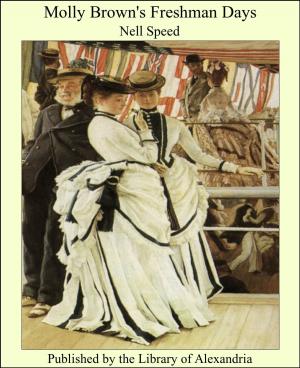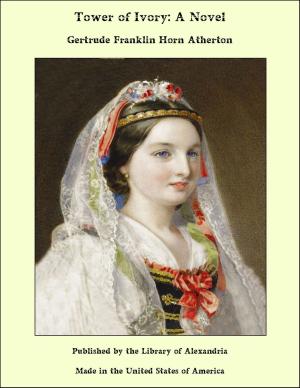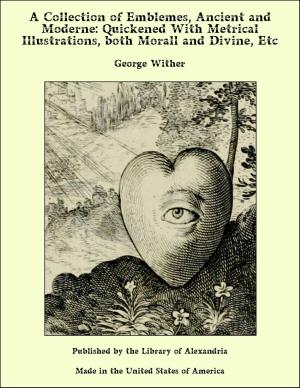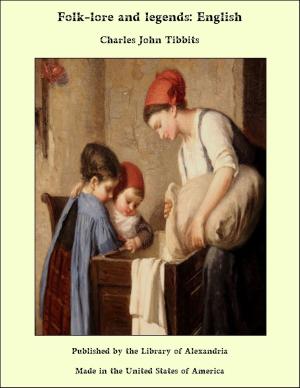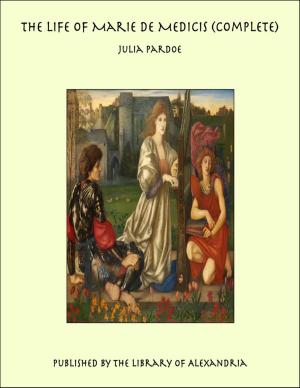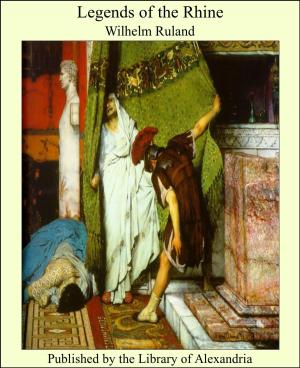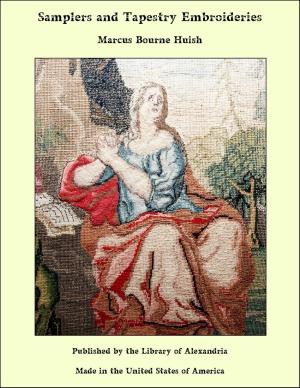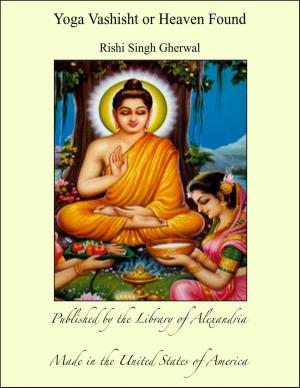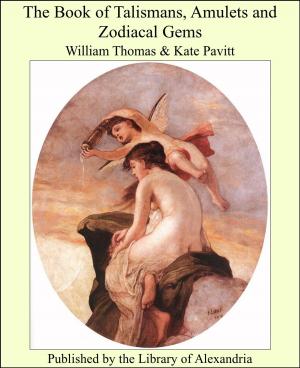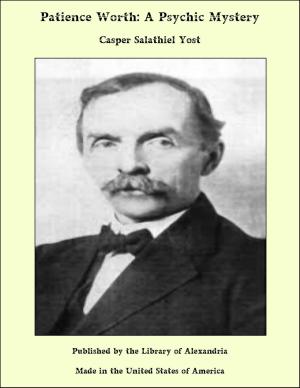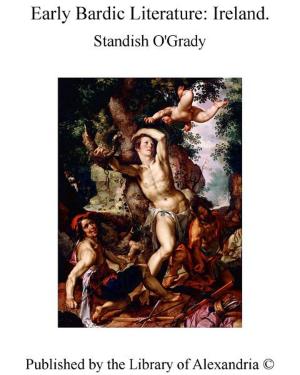Akbar: An Eastern Romance
Nonfiction, Religion & Spirituality, New Age, History, Fiction & Literature| Author: | P. A. S. van Limburg-Brouwer | ISBN: | 9781465531094 |
| Publisher: | Library of Alexandria | Publication: | March 8, 2015 |
| Imprint: | Language: | English |
| Author: | P. A. S. van Limburg-Brouwer |
| ISBN: | 9781465531094 |
| Publisher: | Library of Alexandria |
| Publication: | March 8, 2015 |
| Imprint: | |
| Language: | English |
The object of the Romance which is now presented to English readers, in a translated form, is to convey a generally accurate idea of the court of Akbar, the greatest and best native ruler that ever held sway over Hindustan. The author, Dr. Van Limburg-Brouwer, was an oriental scholar, who strove, by this means, to impart to others the knowledge he had himself acquired, through the study of contemporary writers, of the thoughts and habits of the great Emperor, and of the manners and civilization of those who surrounded him. If he has attained any measure of success in this attempt, his labours will certainly have been useful, and his work deserves translation. For on Englishmen, more than on any other people, is a knowledge of so important a period of Indian history incumbent. This romance of Akbar is, it is true, but a sketch, and is only intended to excite interest in the subject. But if it has that effect, and leads to Further inquiry and research, it will secure the object with which it was written, and will have done useful service. “Akbar, an Eastern Romance,” (“Akbar, een Oostersche Roman,”) was first published in Dutch, at the Hague, in 1872, the year before the author’s death.1 A German translation appeared at Leipzig in 1877.2 A native of Holland might not unnaturally undertake such a work, for the best European contemporary account of the reign of Akbar was written by a Dutchman, Pieter Van den Broeck.3 Students of Indian history are looking forward to the publication of the Life of Akbar by Prince Frederick of Schleswig Holstein. A really good biography of so great a ruler will be a work of the highest importance, and the Prince’s proved literary skill4 and thoroughness in research justify the anticipation that his Life of Akbar will be worthy of the subject. The romance by Van Limburg-Brouwer, in its English dress, will answer its purpose if it gives rise to a desire for more full and complete information in a graver form, and thus serves as an avant courier to the life of Akbar by Prince Frederick
The object of the Romance which is now presented to English readers, in a translated form, is to convey a generally accurate idea of the court of Akbar, the greatest and best native ruler that ever held sway over Hindustan. The author, Dr. Van Limburg-Brouwer, was an oriental scholar, who strove, by this means, to impart to others the knowledge he had himself acquired, through the study of contemporary writers, of the thoughts and habits of the great Emperor, and of the manners and civilization of those who surrounded him. If he has attained any measure of success in this attempt, his labours will certainly have been useful, and his work deserves translation. For on Englishmen, more than on any other people, is a knowledge of so important a period of Indian history incumbent. This romance of Akbar is, it is true, but a sketch, and is only intended to excite interest in the subject. But if it has that effect, and leads to Further inquiry and research, it will secure the object with which it was written, and will have done useful service. “Akbar, an Eastern Romance,” (“Akbar, een Oostersche Roman,”) was first published in Dutch, at the Hague, in 1872, the year before the author’s death.1 A German translation appeared at Leipzig in 1877.2 A native of Holland might not unnaturally undertake such a work, for the best European contemporary account of the reign of Akbar was written by a Dutchman, Pieter Van den Broeck.3 Students of Indian history are looking forward to the publication of the Life of Akbar by Prince Frederick of Schleswig Holstein. A really good biography of so great a ruler will be a work of the highest importance, and the Prince’s proved literary skill4 and thoroughness in research justify the anticipation that his Life of Akbar will be worthy of the subject. The romance by Van Limburg-Brouwer, in its English dress, will answer its purpose if it gives rise to a desire for more full and complete information in a graver form, and thus serves as an avant courier to the life of Akbar by Prince Frederick
